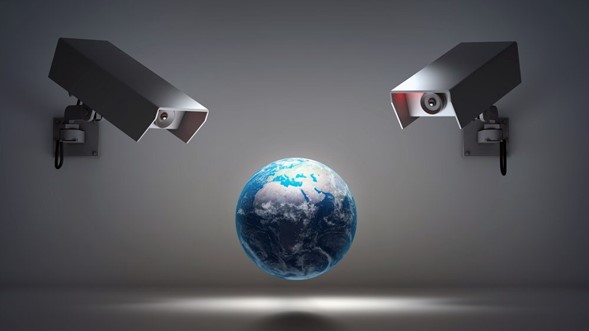Blog Post

Is our society over-obsessed with security?
Belgian psychologist Robert Hogenraad suggests we have entered a new historical period in which the critical challenge is providing security. Some argue that our obsession with hyper-securitization started after the war on terror, marked by the 9/11 tragedy. Although that was a significant event that paved the way for a process by which security concerns sometimes surpass both civil and human rights, the origin of our excessive preoccupation with safety is more complex.
Hellyer proposes that the modern-nation state is rooted in control, unlike pre-modern communities, which enjoyed more empowered civil societies. Of course, among the reasons for this shift is technology, which influences the speed of social transformation. However, Karyotis also analyses how the crisis and threat of the "other" constructed by political and security elites as undesirable, dangerous, and inferior has heavily contributed to our overwhelming stress with security. Interestingly, he points out that such a view started with the mass migrations (at least in Europe) in the 1950s, long before the attack at the World Trade Center in 2001.
Understanding how our attitudes to safety have changed in modern times can partly help us realize why people are willing to sacrifice their privacy or democratic procedures in favour of more protection. Even more, we should reflect on why the Internet is a substantial part of our reality, but it is not subjected to as many regulations - it is almost like the Far West of the modern ages.
Isn't it time to have an open conversation on the subject before the current over-obsession with security backfires?
Copyright © 2022 Harvard Business Council

